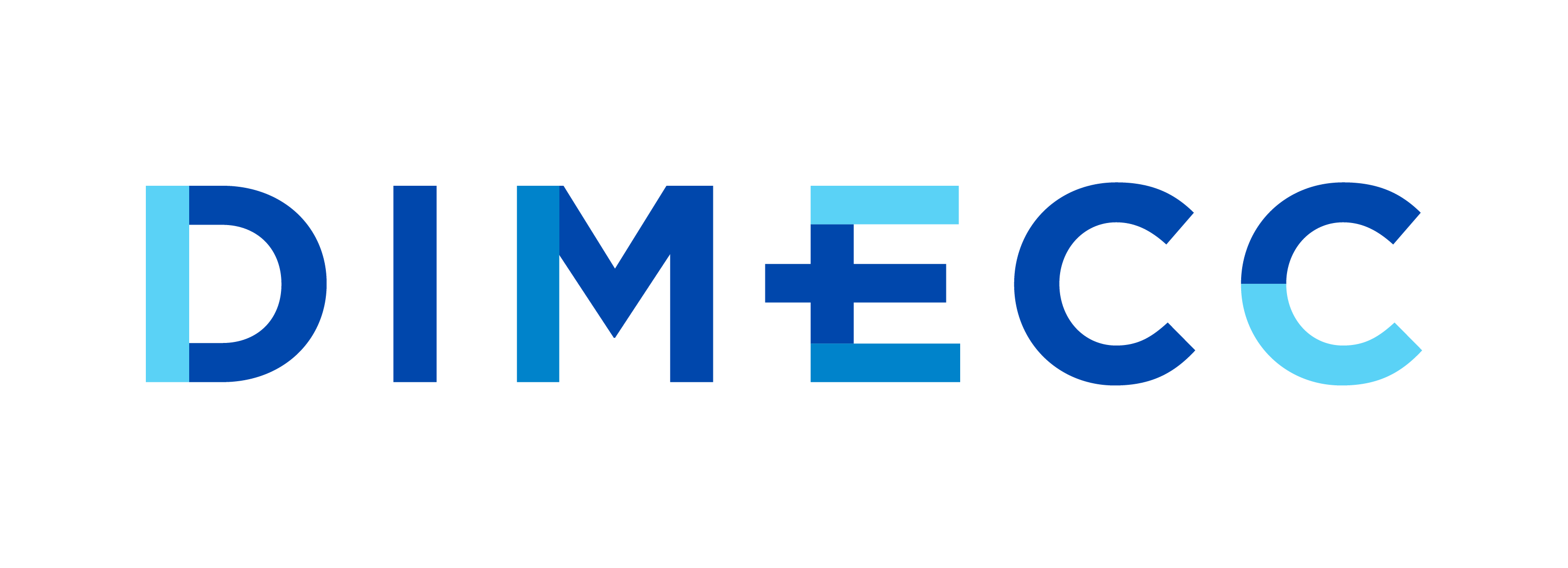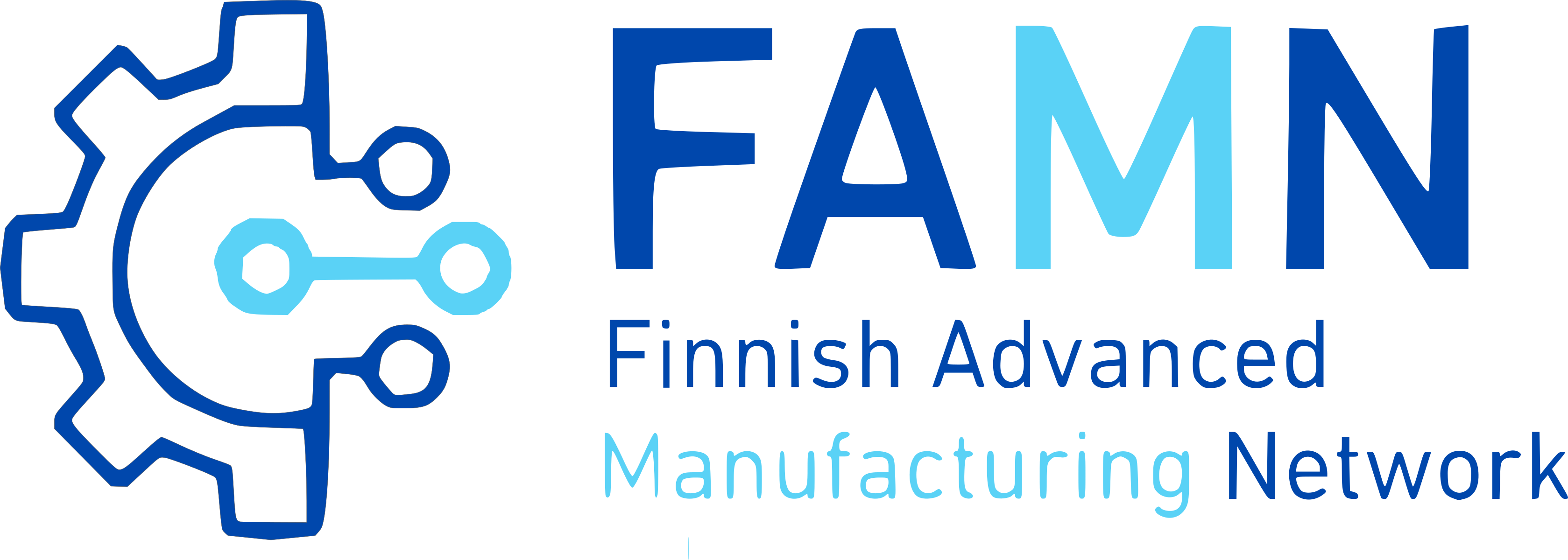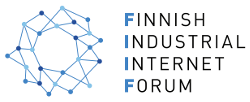August 23, 2023
Builds knowledge and skills on how to utilize Machine Learning and Artificial Intelligence in your company’s operations.
Machine Learning Academy (MLA) is a tailored competence development and upskilling training program for the Finnish industrial companies.
Machine Learning Academy includes diverse learning modules from Machine Learning (ML) algorithms to ethics, and from designing and managing Artificial Intelligence (AI) projects to implementing ML & AI in the company business.
The goal of the training is to increase the participants’ understanding of how to utilize Machine Learning and Artificial Intelligence in their company.
After the MLA academy, participants will understand the fundamentals of machine learning, as well as the ability to recognize and manage development tasks that aim to benefit from ML and AI.
YOU WILL GET
- Basic understanding of the principles, methods, abilities and limitations of ML/AI.
- Current knowledge of related tools, commercial platforms, and implementations.
- Ability to specify, design, and lead activities aiming at applying ML methods, algorithms, and technologies into your business operations.
- An Initial plan on when, where, and how you can deploy ML methods and technologies in your business.
TARGET AUDIENCE
DIMECC Machine Learning Academy is aimed for professionals working in the industry.
The course is aimed for the following roles:
- R&D supervisors managing ML/AI development projects.
- R&D engineers participating in ML/AI development projects.
- Employees, who specify, and source work and subcontracting related to ML/AI
ACADEMY MODULES AND CONTENT
| 1. AI Crash course Introduction to the field of artificial intelligence; history and future of AI, core technologies, applications, and relevant business cases. Introduction and a model example for AI project and development tools to be utilized during the course. |
2. Supervised Learning Introduction to supervised learning and related algorithms. Linear algebra review. Linear regression. Individual exercises, group exercises. |
| 3. Unsupervised Learning and Data Introduction to supervised learning and related algorithms. Linear algebra review. Linear regression. Individual exercises, group exercises. |
4. Generative AI & Deep Learning Introduction to Generative AI. Natural Language Processing principals. Generative AI concepts, algorithms, and potential use cases. Introduction to Deep Learning. Neural network principles and learning concepts. Individual exercises and group exercises. |
| 5. How to do ML projects, ethics and legislation Implementation of ML project. Ways to design and implement ML projects. Concrete business cases and design tools. Co-creation between all needed competences in ML project. Introduction to ethics challenges and transparency requirements of machine learning. |
6. ML/AI Fair: Academy Project presentations Conclusions, networking to AI community, guidelines for next steps. |
Academy Project: During MLA Academy, participant(s) and organization(s) identifies, designs and executes a course project from participants own organization’s actual business or production environment. During the Academy participants get help from Academy trainers to complete their project. At the end Course Projects will be presented at general level at Academy ML/AI Fair.
TRAINING METHODS
• Pre-work
• Workshops and Online coaching
• Individual work
• Course project
COMMITMENT NEEDED
Six full day learning-sessions over 2,5 months.
Total effort 45 hours of training + course project work.
FEE PER PARTICIPANT (VAT 0%)
3.000 € for DIMECC ecosystem members
3.500 € for others
__________________________________________________________________________
What has been said about MLA:
“One concrete example was Ponsse’s field project, which focused on after-sales services, especially field maintenance of the harvesting equipment where Machine Learning was to be used to recognize the needed oil change interval. Hydraulic oil and filters are currently changed at fixed intervals, approximately every 1800 hours, and optimized change interval would mean remarkable savings.”
MACHINE LEARNING ACADEMY IS EXECUTED IN CO-OPERATION WITH:
 |
 |
 |
REGISTRATION AND MORE INFORMATION:
Antti Karjaluoto
antti.karjaluoto@dimecc.com
+358 40 77 25440
Eija Syrjämäki
eija.syrjamaki@dimecc.com
+358 40 840 1395









